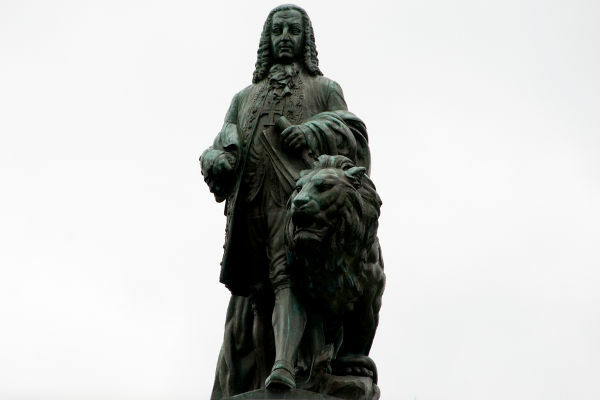THE Pernambuco Insurrection it occurred in the context of the Dutch occupation in the Northeast region of Brazil, in the mid-17th century. It represented an action of confrontation with the Dutch on the part of the Portuguese, led mainly by João Fernandes Vieira, a prosperous planter from Pernambuco. In this fight against the Dutch, the Portuguese had the important help of some freed Africans and also of Potiguar Indians.
The opposition of the Portuguese to the Dutch occurred as a result of the intensification of tax collection and also the collection of loans made by the plantation owners of Portuguese origin with the Dutch bankers and with the Companhia das Índias Occidentalis, a company that administered the Dutch possessions outside the Europe.
Another fact that intensified the rivalry between the Portuguese and the Dutch was the religious issue. Most of the Dutch who were in the Recife and Olinda region were formed by Jews or Protestants. In this religious context that brought the consequences of the Reformation and Counter-Reformation to American soil, the Catholicism professed by the Portuguese was yet another stimulus to expel the Dutch from the local.
The conflicts began in May 1645, after Maurice of Nassau's return to Holland. The troops commanded by João Fernandes Vieira received the support of Antônio Felipe Camarão, an Indian Potiguar known as Poti who helped in the fight against the Dutch along with hundreds of Indians under his command. Another aid received came from the freed African Henrique Dias. The Battle of Monte Tabocas was the main confrontation that took place at the beginning of the Insurrection. The Portuguese managed to inflict a resounding defeat on the Dutch, ensuring a boost in morale for the continuation of conflicts. In addition, the insurgents received support from troops coming mainly from Bahia.
Do not stop now... There's more after the advertising ;)
Another component involved in the Pernambucan Insurrection was linked to disputes between several European countries at the time. During the Thirty Years' War (1618-1648), the Spaniards were clashing with the Dutch over the territories of the Netherlands. It was also the period of the Iberian Union, in which the Portuguese Kingdom was subjugated to the Spanish Kingdom.
In this sense, the Dutch position in relation to Portugal was dubious. On European soil, the Dutch supported the Portuguese against Spanish rule, but at the same time occupied Portuguese territories in Africa Western and Brazil, and in addition to the Pernambuco region, the Dutch tried to conquer some locations in Maranhão and Sergipe.
In early 1648, Holland and Spain sealed peace, and the Spaniards agreed to hand over to the Dutch the lands taken by Portuguese insurgents in Pernambuco. Faced with such a situation, the conflict continued. In April 1648, the first Battle of Guararapes took place, in which the Dutch suffered a severe defeat, paving the way for the resurgence of Portuguese rule from 1654 onwards.
By Tales Pinto
Graduated in History
Would you like to reference this text in a school or academic work? Look:
PINTO, Tales dos Santos. "Pernambucan Insurrection (1645-1654)"; Brazil School. Available in: https://brasilescola.uol.com.br/historiab/insurreicao-pernambucana-1645-1654.htm. Accessed on June 27, 2021.


